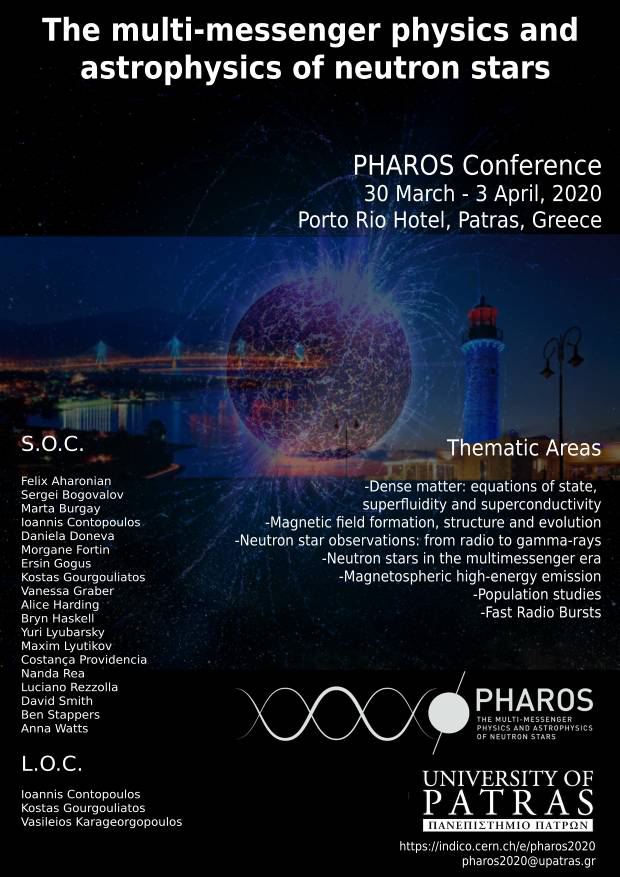Speaker
Description
The spin down of many young pulsars are strongly affected by two distinct kinds of rotational irregularities: glitches and spin noise. In addition to allowing us to probe the interior dynamics of neutron stars, glitches introduce difficulties when attempting to model the long-term rotational evolution of pulsars. For instance, there is a long-standing question as to whether the anomalously high braking indices measured for some pulsars are the result of unaccounted glitch recovery. Using modern Bayesian methods, we analyse a sample of 76 pulsars that have been regularly observed by the Parkes 64-m radio telescope over ~10 years. 55 of these pulsars have experienced glitches during this monitoring campaign. In addition to providing robust measurements of glitch properties, we study the inter-glitch changes in the spin down of these pulsars. This includes modelling any inter-glitch changes in a pulsar’s braking index and variations in timing noise after or between subsequent glitches. We also examine relationships between glitch parameters and waiting times, and their potential implications for modelling the internal microphysics of neutron stars.

